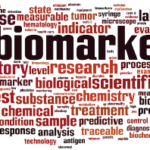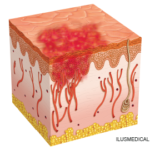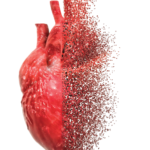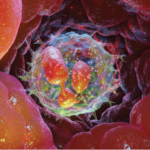A recent pilot study explores the feasibility of virtual reality-based pain interventions for people with rheumatic conditions.1 Although the work is in its early stages, it may someday represent a new non-pharmacological tool for patients with chronic pain. VR for Treatment R. Swamy Venuturupalli, MD, FACR, is an associate clinical professor of medicine at the…









